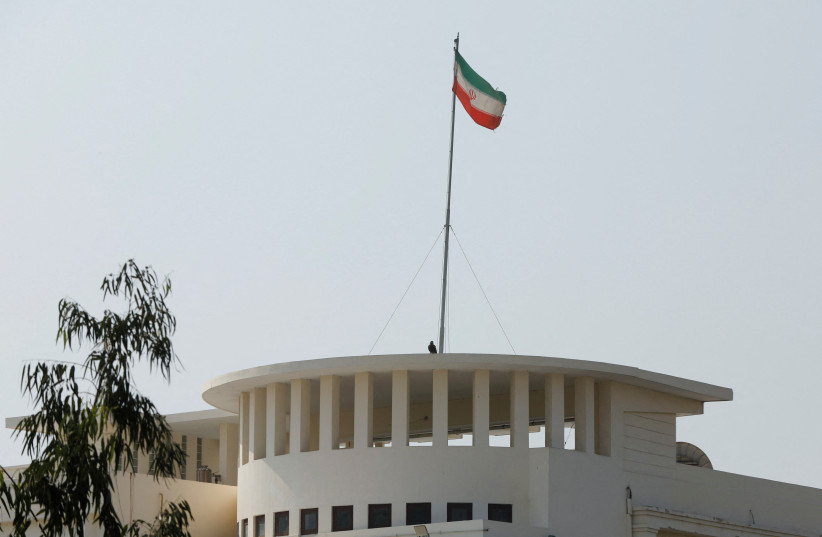US officials dodged pledging military support to ally Pakistan after its military conducted a retaliatory strike Thursday morning in Iran.
At a news briefing Thursday, State Department spokesman Matthew Miller said tensions between Pakistan and Iran should not escalate in "any way, shape, or form."
"Pakistan is a major non-NATO ally of the United States. That will remain the case, but we would urge restraint in this case," Miller said. "We do not want to see escalation and do not think there is any need for escalation."
Miller did not comment on discussions that might've occurred between the US and Pakistan before its retaliatory attack on Iran.
Miller said Iranian and Pakistani tensions are not connected to the conflict in Gaza, but given the tensions in the region there's risk for increased conflict.

Kirby: strike by Iran was 'another example of Iran's destabilizing behavior'
Miller said the US' message to Iran has been clear from the beginning in wanting to avoid a wider scale conflict.
White House National Security spokesman John Kirby reiterated that the US doesn't want to see an escalation of any armed conflict in the region.
"I want to let Pakistan speak to their military operations, I want to be careful about that," Kirby said. "As you know, they were struck first by Iran, which was obviously another reckless attack, another example of Iran's destabilizing behavior in the region."
Kirby said he "didn't have an update" when asked about the US' intentions of supporting Pakistan.
Kirby reacted to the Taliban calling for peace between Iran and Pakistan by saying if the Taliban wants to be taken seriously on the world stage, they need to meet commitments to abide by international law.
